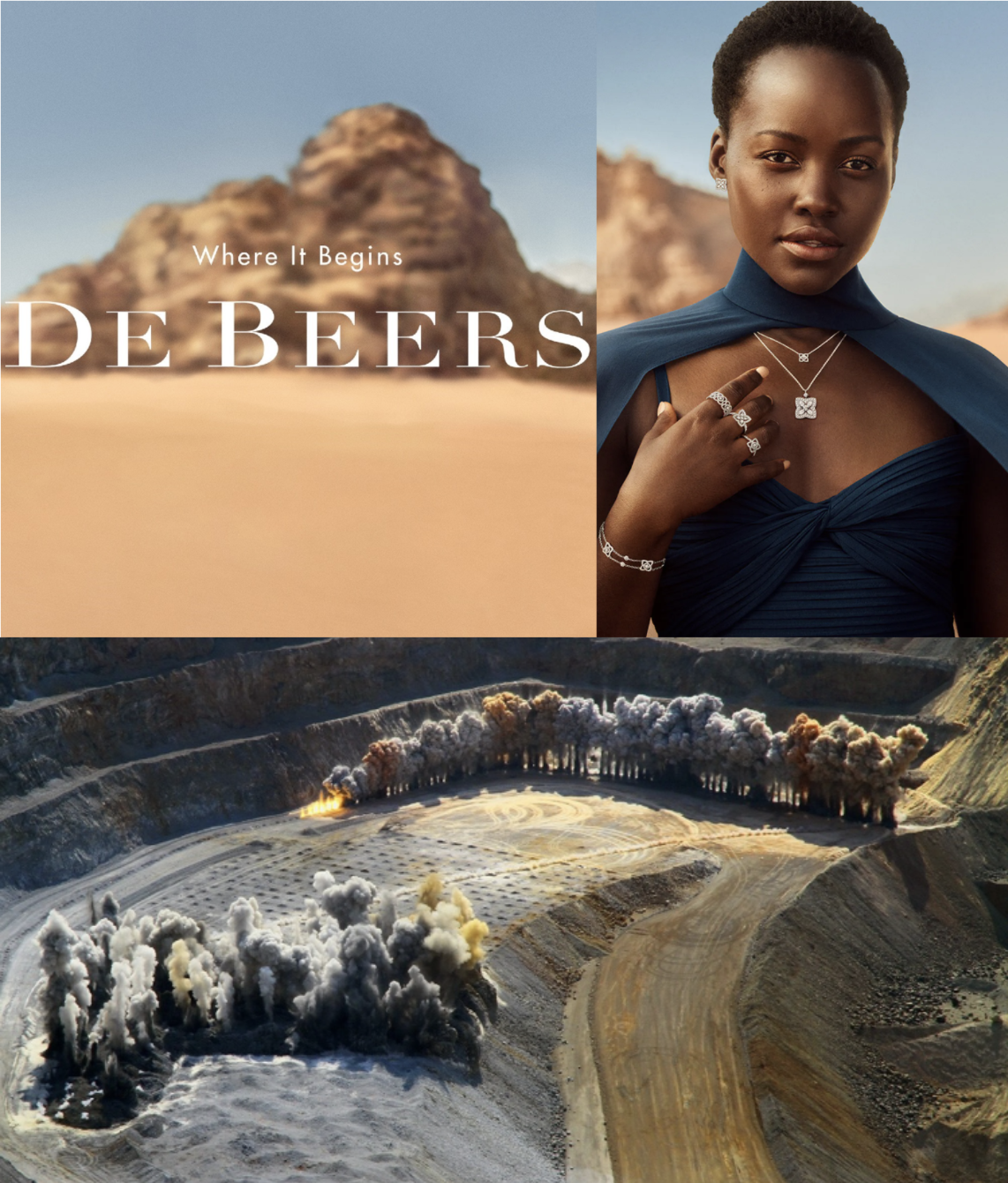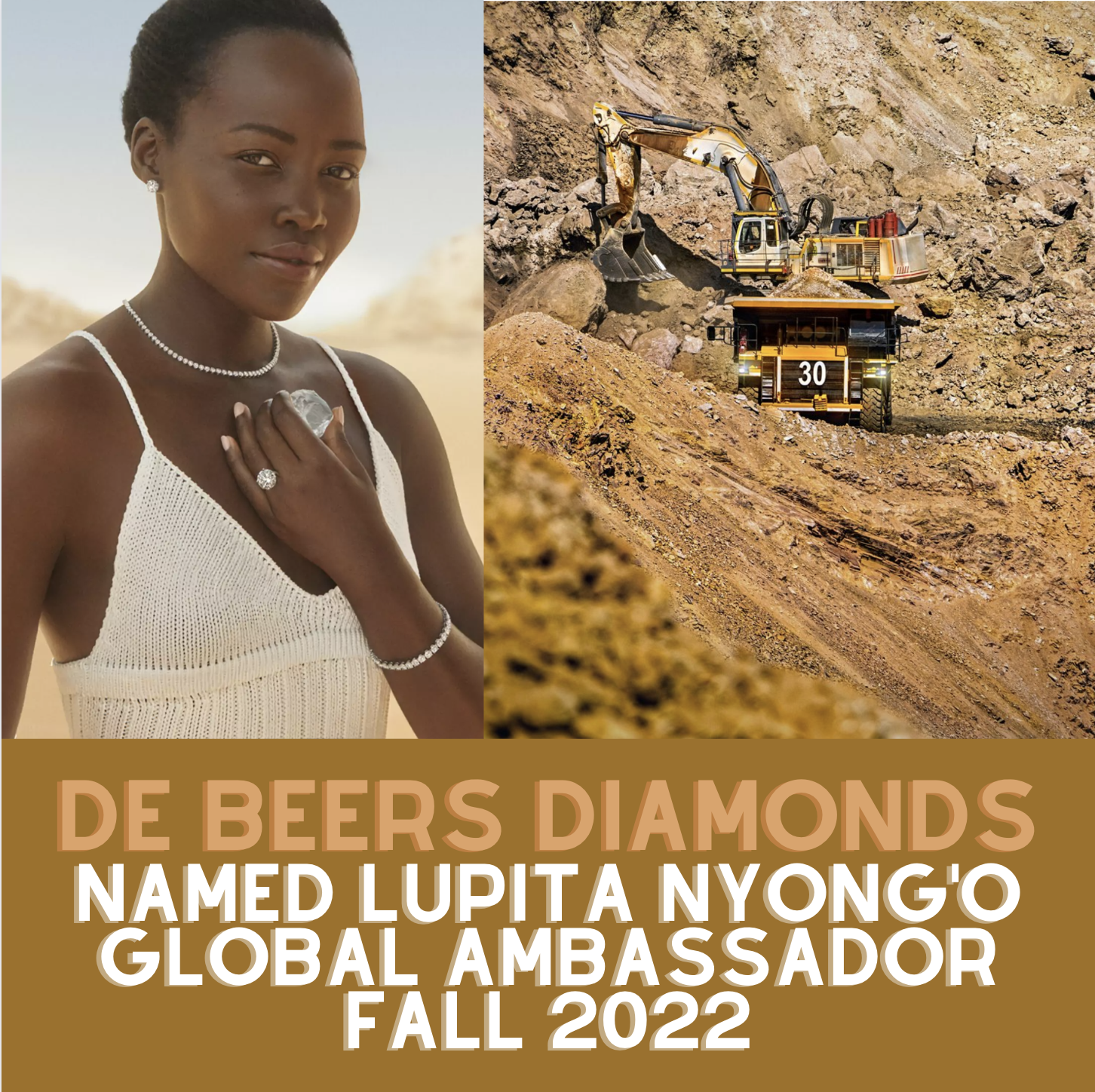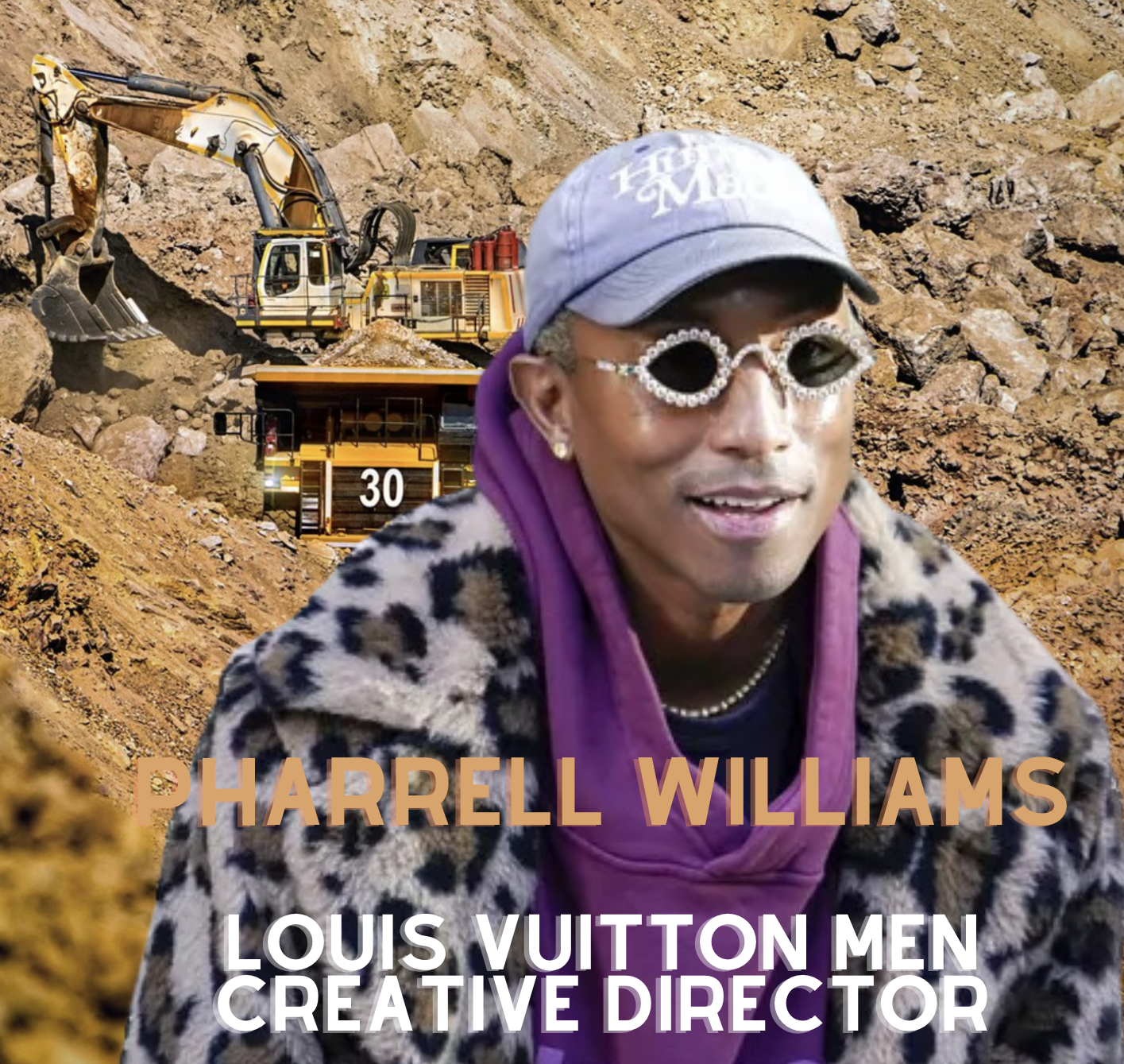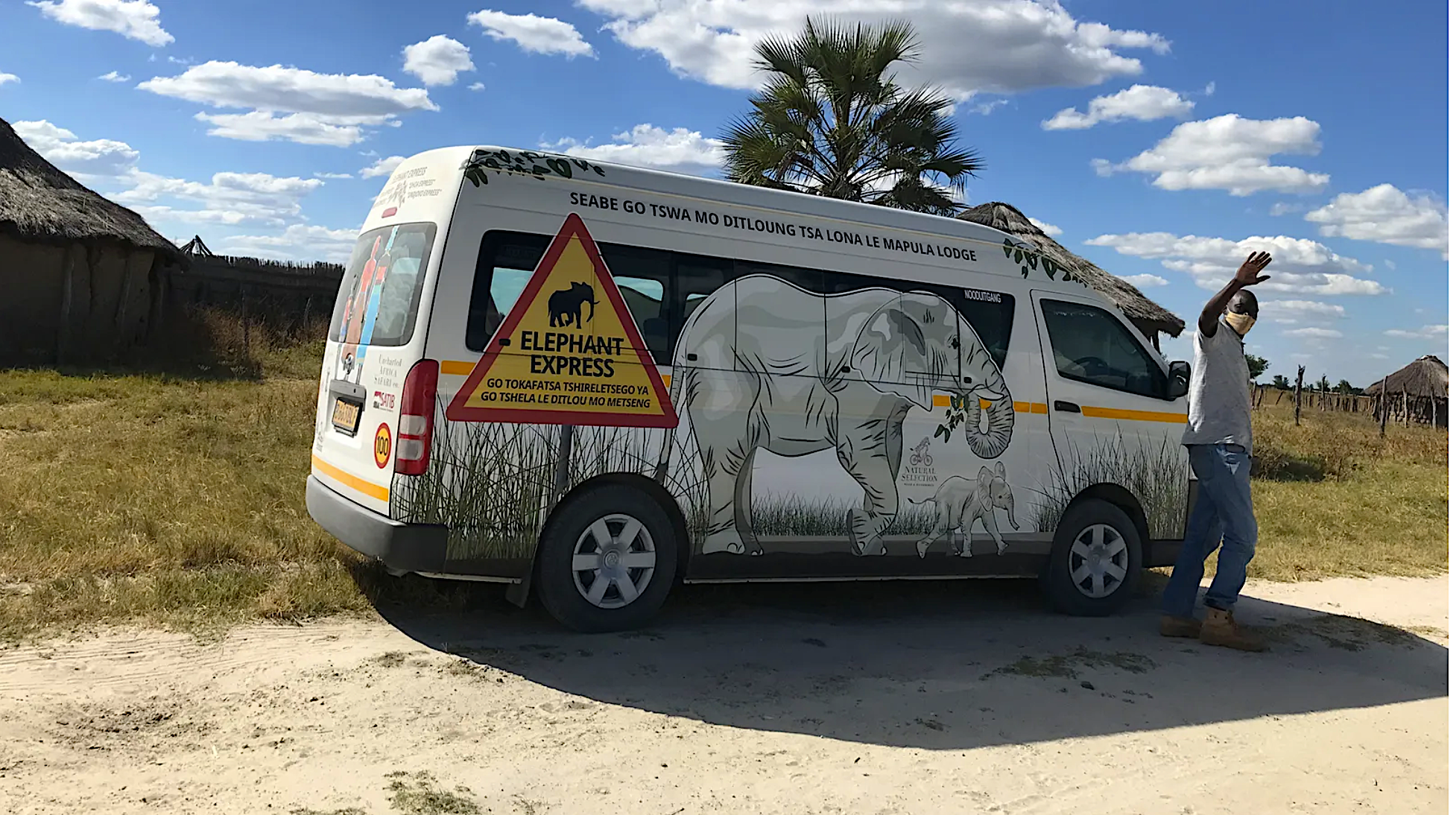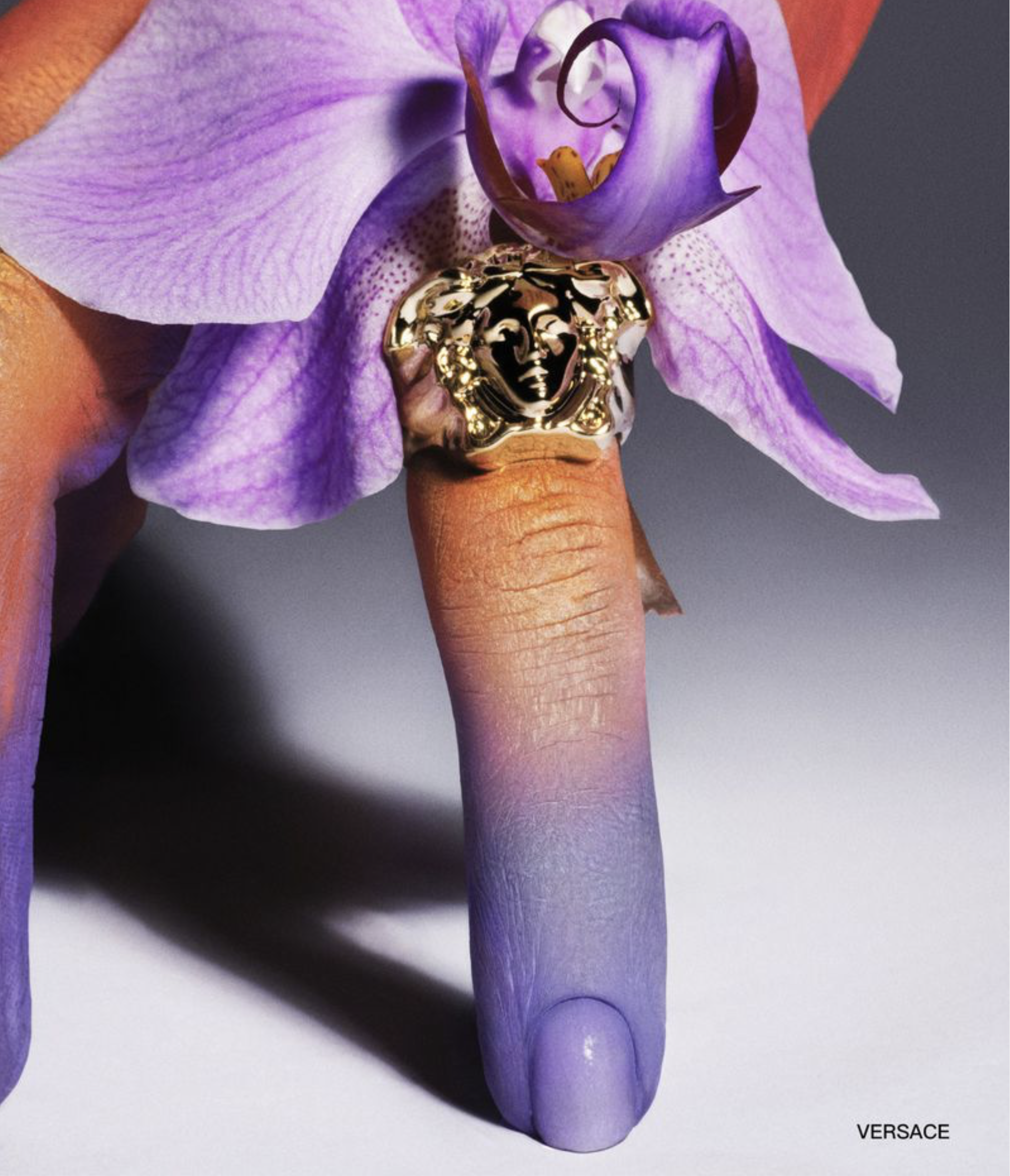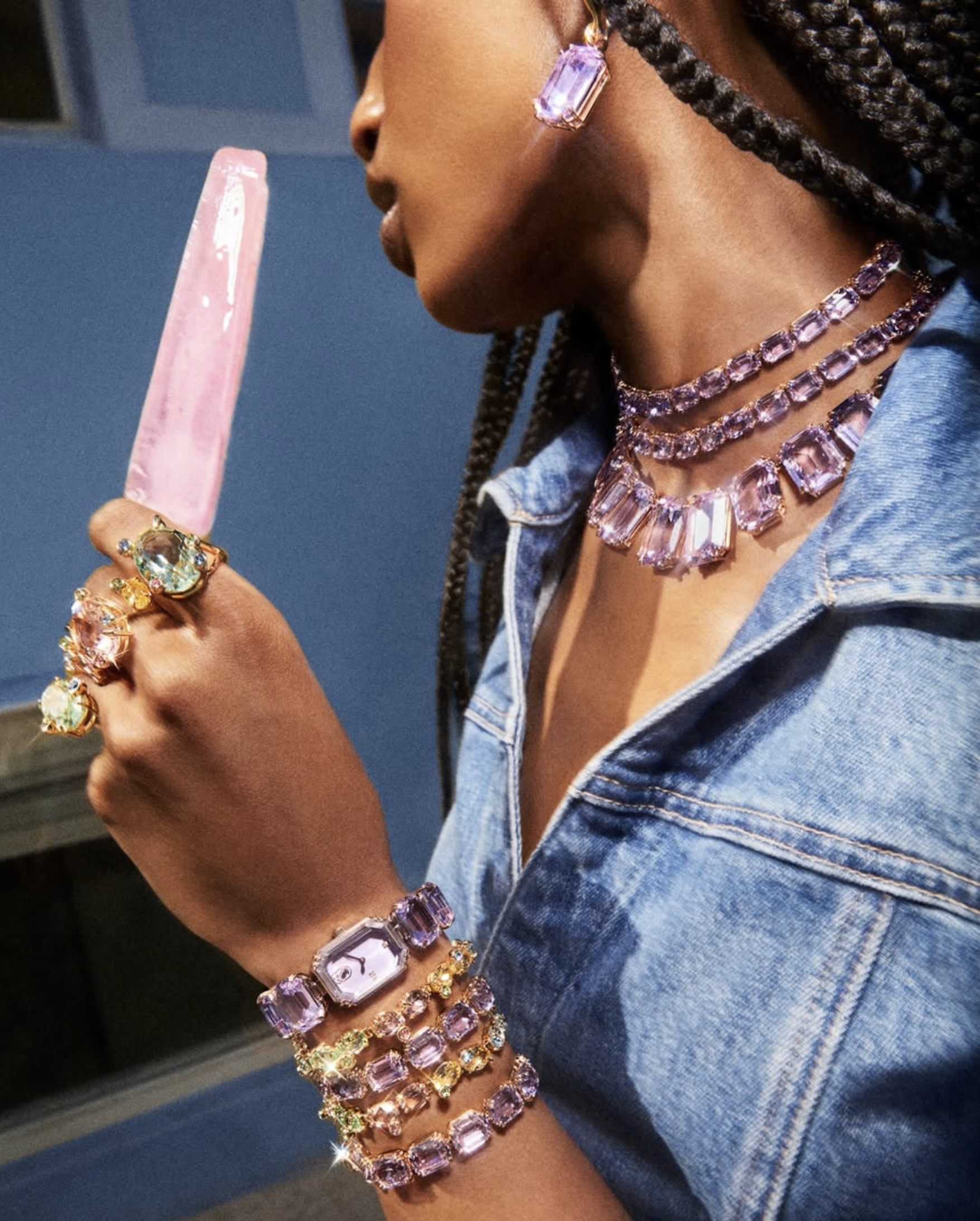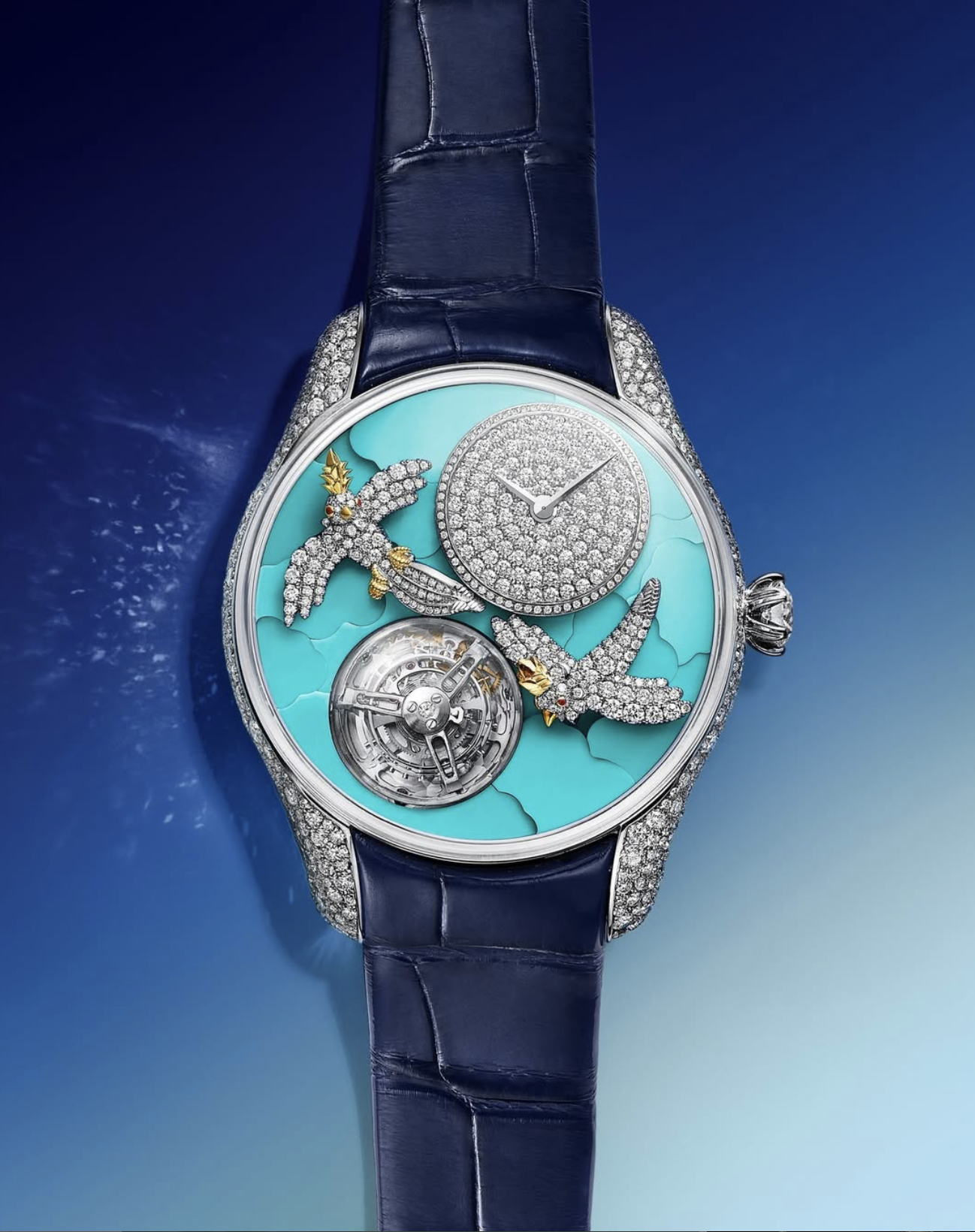Botswana and De Beers Renew Long-Term, Progressive Diamond Mining Partnership
/Botswana and De Beers Plan Fresh Forward Strategy
In an effort to strengthen their longstanding relationship, the government of Botswana, the world’s second largest diamond producer, and De Beers, the world's leading diamond company, renewed their diamond mining partnership for an expected 10-year duration.
The signed by both parties agreement represents a significant milestone in the two entities' collaboration, highlighting their commitment to sustainable diamond mining practices and the economic development of Botswana.
Final details are being worked out, but Botswana’s biggest complaints about the old agreement are resolved.
Under the old agreement, Botswana received 25 percent of the rough stones extracted, while De Beers took the remaining 75 percent.
Moving to Equal Diamond Sharing
Immediately, Botswana will receive a 30 percent share, with an escalating increase to 50 percent within a decade. De Beers and Botswana officials have both confirmed this change.
Under the renewed partnership, De Beers will continue its operations in Botswana by mining diamonds through its joint venture with the government known as Debswana. This joint venture, established in 1969, has been instrumental in building Botswana's diamond industry, transforming the country into a global leader.
De Beers and Botswana also extended by 25 years De Beers’s current mining licenses, slated to expire in 2029. Those mining licenses will now run to 2054. Note also that Botswana owns 15% of De Beers.
The partnership renewal comes after months of challenging negotiations, reflecting the shared vision of both parties to effectively manage diamond resources and maximize the benefits for Botswana. No one is suggesting that De Beers was eager to make this change to prioritize Botswana’s needs.
Rather the power shift is more of a global reality check on De Beers, with high jewelry buyers increasingly interested in the total provenance of their diamonds, with a consideration of who accrued what benefits in the process of bringing them to markets.
One of the key aspects of the new Botswana-DeBeers agreement is the commitment to prioritize environmental conservation, ensuring responsible mining practices that minimize the impact on ecosystems and workers, and support the country's conservation efforts.
Furthermore, the partnership aims to drive economic diversification in Botswana, promoting local employment opportunities, skills development, and entrepreneurship within the diamond mining sector. It also emphasizes the importance of advancing Botswana's diamond beneficiation and value-added initiatives, positioning the country as a prominent player in the global diamond value chain.
AOC just wrote a post on Jewelmer’s cultivation of Pinctada maxima ‘golden’ pearls operating for decades in the Philippines. Their own jewelry is exquisite and is created by Filipino artisans, who are trained in the traditional jewelry techniques of the École du Louvre in Paris.
Surely Botswana hopes to cultivate a similar reputation in diamonds. Such an initiative could enjoy major support among the world’s wealthy progressives.
Just imagine if Pharrell Williams, the outstanding new Creative Director of Louis Vuitton Men’s developed a collection of Botswana-designed and Botswana-artisans-made jewelry using Botswana diamonds trained by Louis Vuitton as apprentices.
On the subject of Anne’s brilliant idea, it’s also reported that De Beers has agreed to invest as much as $825 million over the next 10 years to help develop the Botswana economy. An academy in Botswana will train locals in skills related to the diamond trade, government officials said.
With the diamond industry being a vital pillar of Botswana's economy, generating significant revenues and contributing to various social and infrastructure development programs, the partnership's renewal will undoubtedly have far-reaching positive impacts on the country's overall development and the livelihoods of its people.
Additionally, in 2019, Botswana reversed a ban on the trophy hunting of elephants — a crushing state of affairs that isn’t only Botswana’s problem to resolve.
Help for Elephants, Perhaps?
There is a serious collision in Botswana between elephants and farmers, with severe pressure being put on the government to protect farmers. This new De Beers agreement may give Botswana president Mokgweetsi Masisi more options in how he handles the savannah elephant crisis in Botswana, because making $3 million in annual revenues off elephant trophy hunting really is not worth the agony it produces in our endangered elephants.
The BBC updates us on Botswana’s elephant crisis and introduces us to the EcoExist Elephant Express transporting school kids and working adults through elephant-occupied territories in Botswana with a steep reduction in human-elephant conflicts.
The Elephant Express doesn’t keep crops safe from our beloved towering creatures. But people are feeling much safer on the roads. See the Ecoexist Trust IG.
Looking ahead, Botswana and De Beers' renewed commitment to collaboration and sustainable diamond mining practices sets a positive example for the industry worldwide. By prioritizing environmental protection, local empowerment, and economic diversification, this more equitable partnership hopefully paves the way for a prosperous and responsible diamond mining future for all parties in Botswana. ~ Anne
